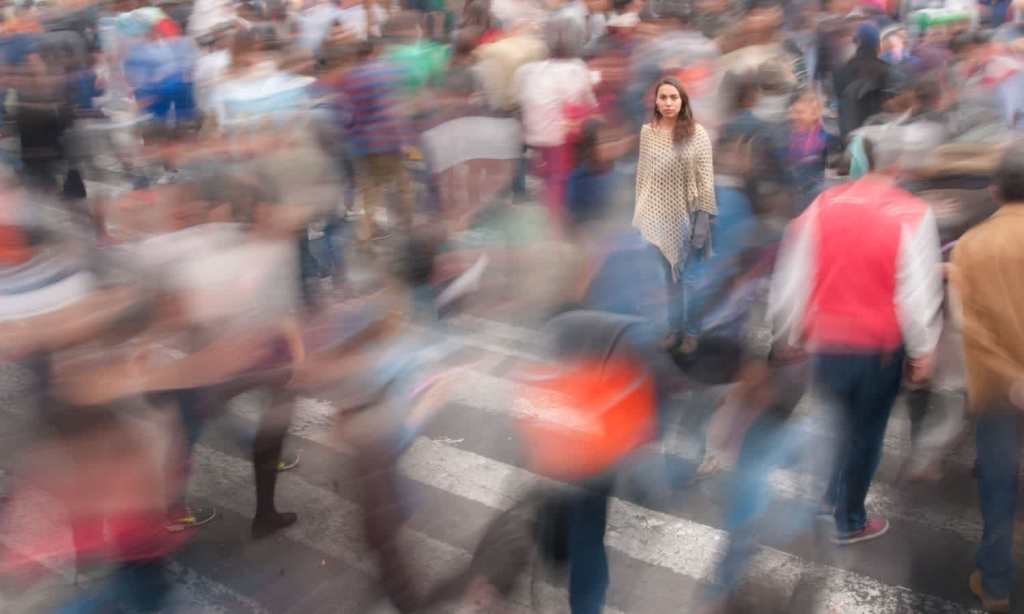COVID has been a part of our lives now for over a year, which is super cool and fine and everything’s been normal and there have been absolutely no changes to speak of.
We’ve been living through a pandemic for over a year now, and over 2.75 million people have died according to the latest statistics, 909 of which were in Australia. Almost 30,000 people in Australia have contracted coronavirus…but for a lot of us, we don’t know anyone who has had it.
Yes, it may be because our numbers are much smaller than everyone else’s, due to early lockdowns, mask mandates and more — or it could be from what this new study has found.
Coming from research out of the UK (where their handling of the disease has been, well, spectacularly bad), specifically from the University of Kent and Leeds Beckett University, they found that “feelings of stigmatisation at the idea of contracting COVID-19 is linked to less likelihood of reporting infection to authorities and potential contacts.”
Translation? If you’ve caught COVID, you’re less likely to report it — out of shame.
They also found that those who feel ashamed to admit they’ve contracted the disease, are less likely to comply with social distancing.
On the opposite hand? In countries where people trust(ed) their government’s response to the pandemic, and feel mutual solidarity, well, they were more likely to report if they contracted COVID-19. Oh, except in the US. Over there, trust does not lead to social distancing compliance (could’ve been Trump’s utter contempt for science).
One of the leads of the study, Dr Giovanni Travaglino, said that their research highlights the importance of managing the stigma associated with the disease — which may undermine authorities efforts to control it.
“Governments and decision-makers may achieve better transparency and compliance by focusing on the importance of social cohesion and trustworthiness in their attempts to tackle the pandemic and manage public responses.”
Read more stories from The Latch and subscribe to our email newsletter.







